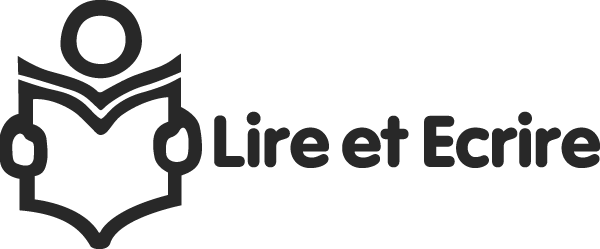All the versions of this article:
[English]
[français]
In 2001, following the publication of a study revealing a particularly high illiteracy rate, Scotland launched a very ambitious adult literacy strategy. With the important support of the new Scottish government (100 million euros between 2001 and 2006), this policy aims at doubling the number of learners by 2006 (i.e. reaching 150 000 persons) and at professionalizing a sector that originally operated essentially with voluntary workers.
The Learning Connections government agency, that pilots the initiative, advocates an approach based on social practices according to which sustainable knowledge acquisition is encouraged by taking into account the social field where it is located. The government agency also develops quite a number of local partnerships to which it allocates a large amount of its funds.
Important means have also been invested in a major awareness raising campaign The Big Plus, which, in particular, developed video-clips that were broadcasted on the national TV channel, aiming at reducing the stigmatisation of illiterate persons and attracting new learners to the courses.
Learning Connections also produces different tools based on a constructivist approach. Among these, there are in particular open terms of reference which allow learners and trainers to build their own system of competences and their own programme adapted to their learning needs and aims. An educational medium – “The Learning Wheel” – enables them to question themselves and to define these needs and aims.




